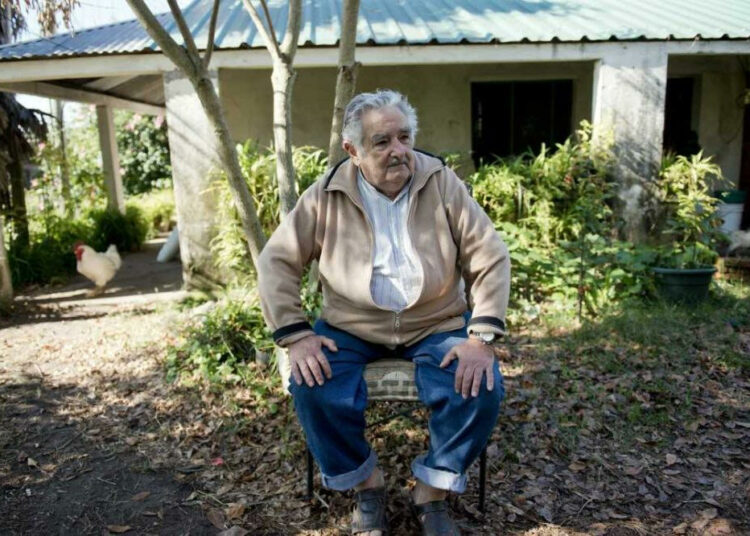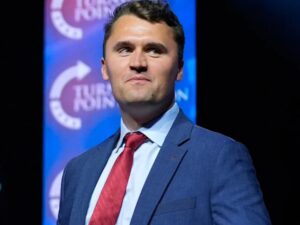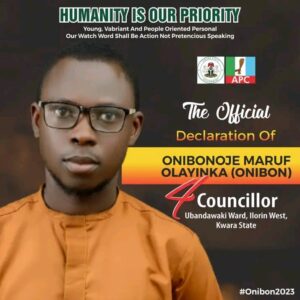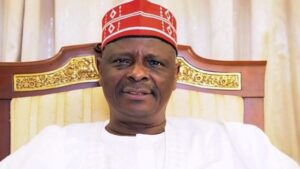
José Mujica, the former Uruguayan president known globally for his austere lifestyle and progressive policies, died at the age of 89.
Current President Yamandú Orsi confirmed Mujica’s death via social media platform X, expressing gratitude for his contributions and “deep love” for the Uruguayan people.
While the official cause of death was not immediately disclosed, Mujica had publicly battled esophageal cancer.
Mujica, who served as president from 2010 to 2015, gained international recognition for his simple living, outspoken criticism of consumerism, and progressive reforms. Notably, his administration legalized recreational marijuana use, a landmark policy in Latin America.
His past was marked by political activism and imprisonment. Mujica, a former member of the Tupamaros National Liberation Movement (MLN-T), was imprisoned four times and survived six gunshot wounds during a 1970 encounter. He famously escaped prison twice, including a mass tunnel escape with 105 fellow MLN-T members.
Mujica often spoke of his time in prison, describing it as a period of profound mental hardship, including delusions and hallucinations. He considered his release from prison a more significant moment than his presidency.
During his presidency, Mujica declined to reside in the official presidential residence, opting instead to live with his wife, former guerrilla and politician Lucía Topolansky, on their modest farm outside Montevideo. He eschewed domestic staff and maintained minimal security.
His casual attire and simple lifestyle, including driving a 1987 Volkswagen Beetle and donating a substantial portion of his salary, earned him the moniker “the world’s poorest president,” a title he rejected.
“They say I’m the poorest president. No, I’m not,” he stated in a 2012 interview, emphasizing that true poverty lies in insatiable desire.
Despite his advocacy for austerity, his administration saw a significant increase in public spending, leading to a wider fiscal deficit and criticism from political opponents.
In 2023, Mujica publicly disclosed his cancer diagnosis, and his public statements increasingly reflected on mortality.
In his final interview with the BBC in November, he expressed a philosophical acceptance of death, stating, “One knows that death is inevitable. And perhaps it’s like the salt of life.”





![[PHOTOS] Arewa Offa, Mustapha Amidat Concludes Skill Acquisition, Exhibition Programme](https://newsbulletin.com.ng/wp-content/uploads/2025/09/IMG-20250920-WA0011-300x300.jpg)



